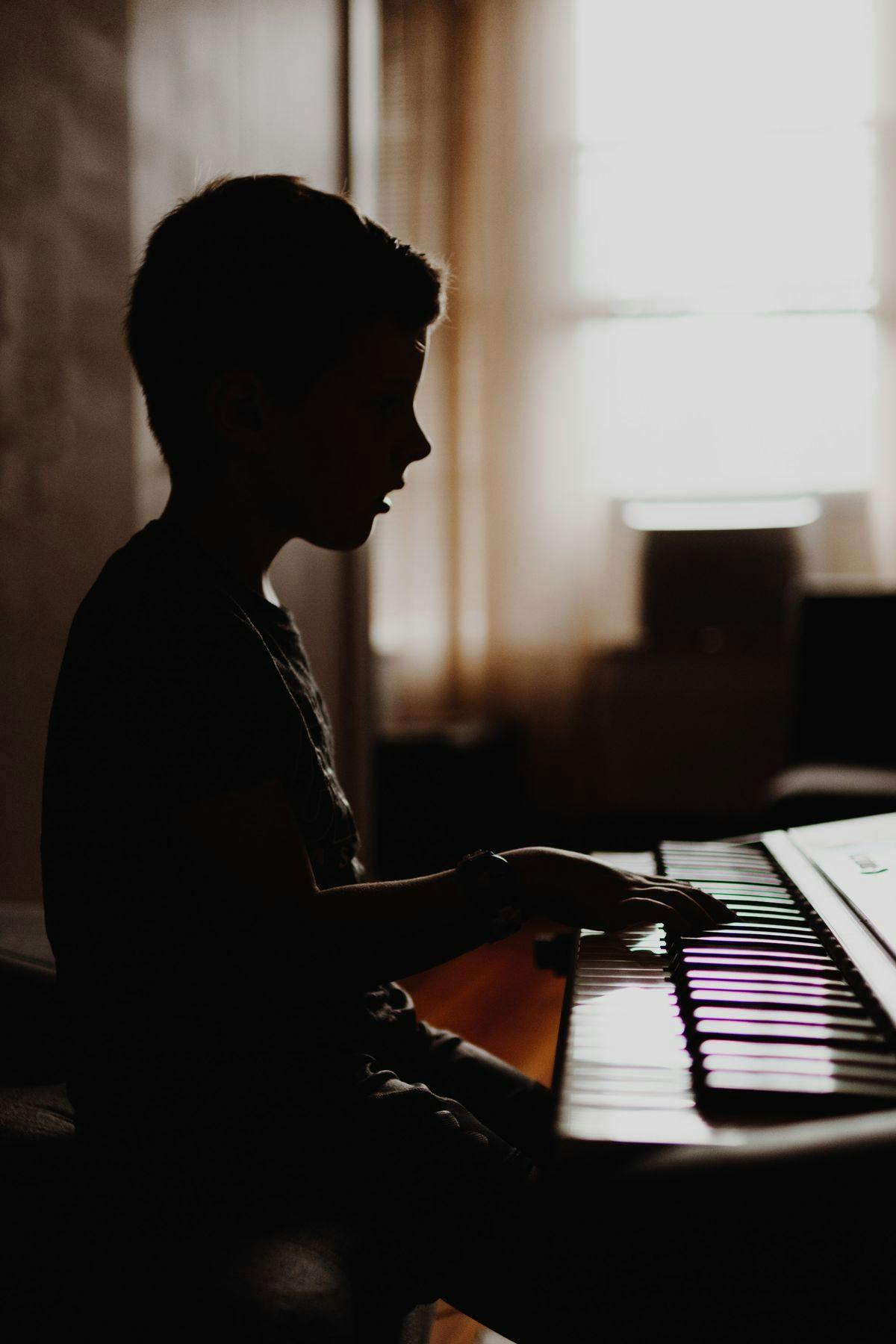
Everybody Has an Asset to Share
Published on April 21, 2020
Forever Memories emerge during unexpected times, times that herald a change—where the “after” is not the same as the “before,” and times that challenge us to adapt. Most of us will have forever memories of COVID 19, similar to the kind of memories we have for events like 9/11 or when President Kennedy was shot. Given the stress everyone is under, it would be easy for us to lose sight of the kind of memories we want to create for our children and ourselves. That’s why I am sharing stories from families who are thinking intentionally about this. These stories can inspire us all.
Last winter, Jenny and Paul’s six-year-old son Kai announced he wanted to learn to play the marimba like his father Paul does professionally.
Jenny hesitated. Halfway through soccer a few months before, Kai had lost interest in the game. Although he stuck it out, soccer wasn’t for him.
I was hesitant about music because of what happened with soccer. I wondered if Kai just wasn’t old enough to have the extended focus required for music lessons.
Paul was hesitant too, as Jenny recounts:
Paul felt strongly that he didn’t want his kids to feel pressured to play. Practicing is important in music and kids have to really want to do that.
Paul hesitated for another reason. He’d seen tension in other parent-child relationships when music lessons were involved.
Paul believed that Kai should learn to play the piano first, before the marimba. Although Paul teaches the piano to kids as young as six, he also though it would be better if someone else taught him—not his father. “So, we thought we would look for a piano teacher,” Jenny says.
They were in the process of looking, when the pandemic struck.
As they realized there would be a quarantine, Jenny says they had a change of heart:
We would be home with both of our kids. Maybe we SHOULD start the piano.
The day before the quarantine took effect, Paul and Kai ran out to a music store together to get some piano books that interested Kai. One was a Star Wars book. Kai loves everything Star Wars.
Here’s their new family routine. First thing in the morning, they have a family meeting. Jenny describes it as a planning time:
We talk about the day and what we want to do. We talk about things we are feeling grateful for.
Right after that, Paul and Kai go to the piano.
Although he has taught piano for years, Paul says that he found a different way—actually an ideal way—to teach his son:
I give him little bits of information and then I go make breakfast. I come back and give him more information.
In only three weeks, there has been a shift. Paul says:
When he played the piano before lessons, he beat at the keys. After only a week of lessons, I was in the bedroom and I heard him starting to figure out the main theme song in Star Wars!
It’s not just Kai who is learning during the pandemic. His parents are learning too by rethinking how they share their love of music with their son. Paul says:
I hope he always keeps this sense of curiosity about music. And I will do what I can to make sure that happens.
Every child has interests. As parents, we can find and further these interests. It can seem frustrating, when yesterday’s passions are quickly cast aside, but there is a period of exploration necessary in developing more lasting interests. In the process of furthering our children’s interests, we can promote life skills—like the skill of setting goals, of creating plans to achieve those goals, of staying focused when things get distracting, and of taking on challenges.
